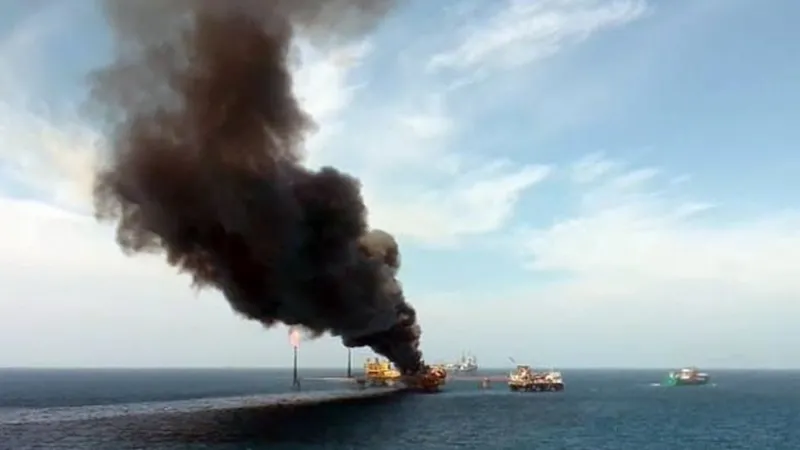In the wake of a devastating offshore fire in the Gulf of Mexico, which claimed the life of at least one contractor and left several others injured, safety measures in Ex/Hazloc (explosive/hazardous locations) environments are under scrutiny. The incident, which occurred on the Akal-B platform, underscores the critical importance of ensuring the safety of employees working in hazardous conditions.
The fire resulted in one fatality and left two contractors in critical condition. In total, nine workers suffered injuries in the blaze on the offshore platform, which is situated in the southern Gulf of Mexico, a major hub for Pemex’s oil production.
This tragic event has once again brought to light the persistent safety concerns surrounding Pemex’s infrastructure. Analysts have long pointed to poor maintenance and operational deficiencies as contributing factors to the frequent deadly accidents that have plagued Pemex facilities across Mexico.
Preventative Training & Equipment Assessment Paramount
In light of these challenges, experts emphasize the paramount importance of preventative measures to ensure the safety of workers in Ex/Hazloc environments. Proactive approaches such as comprehensive training programs and regular equipment assessments are essential in mitigating risks and preventing accidents.
“Repairing assets, increased insurance premiums, bad press, injuries – All of these things happen after a disaster,” notes Sales & Marketing Manager, Emma Minett. “It would be much less work to do preventative work than the ‘clean up’ of a disaster.”
Call for Enhanced Safety Strategies
The recent tragedy has reignited calls for the implementation of robust safety strategies in hazardous environments. Companies operating in Ex/Hazloc settings are urged to prioritize employee safety through comprehensive risk assessments, rigorous training programs, and regular maintenance protocols.
“The safety of the workforce is non-negotiable,” asserts Emma Minett. “We cannot afford to compromise on safety measures in hazardous environments. Preventative actions save lives and safeguard operations.”
As investigations into the cause of the offshore fire continue, stakeholders across industries are reminded of the imperative to uphold stringent safety standards in all aspects of operations. With proper precautions and proactive measures, tragedies like the one in the Gulf of Mexico can be prevented, ensuring the well-being of workers and the integrity of industrial facilities.
In the face of mounting challenges, the commitment to safety remains paramount, serving as a cornerstone for sustainable and responsible business practices in hazardous environments.

